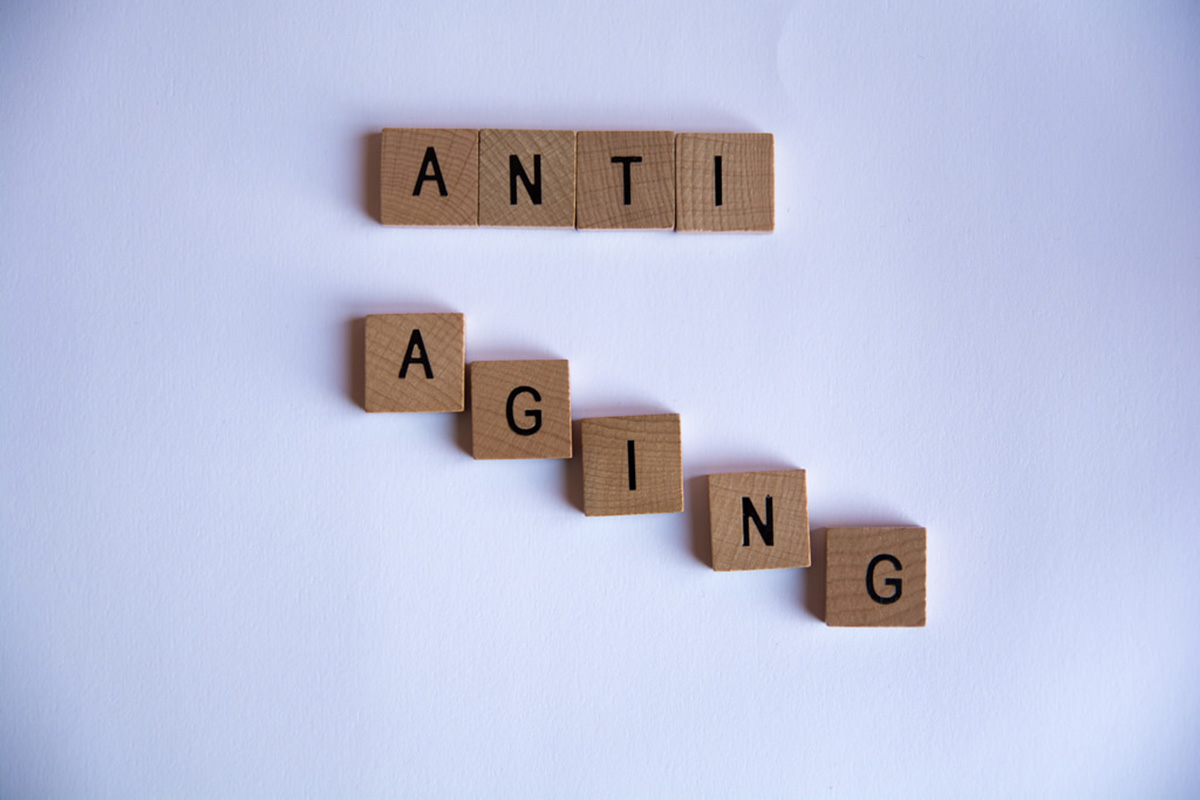Researchers at the Biochemistry and Molecular biology department at the Mayo Clinic published an article on a study they did on mice. The study was based on research they were doing on a certain gene which they thought was linked with the incidence of cancer. This gene, BubR1, was inactivated but the result was that the ageing process had sped up in the mice. The result was that the affected rodent had developed cataracts, its body hair had grayed and become sparse and it lost body fat compared to the control mouse of the same age.

What they then discovered was that they could remove the mentioned senescent cells from genetically engineered fast-ageing mice. The results were that not only did the mice have a prolonged life span but they were much healthier, by the time they had died, than mice that were younger than them. This made them ask the question of what would happen if normal mice were administered the drug to remove senescent cells. They found that these normal mice had their lifespans lengthened by 25% and they had less fat loss, less heart and kidney related issues and they were more active.
What is the clinical significance of senescent cells?
Senescent cells produce molecules which trigger the inflammatory process as well as enzymes which destroy connective tissue. This is a process which can lead to chronic health issues found in old age, but it also stimulates the immune system to destroy these cells and therefore help to reduce the incidence of cancers. As the immune system starts to decrease with age though, the senescent cells will then accumulate and the molecules that are produced become more of a problem than a cancer fighting solution.
The mentioned process also aids in speeding up the healing of wounds. It was found in the experimented mice that wound healing was indeed slower when the senescent cells were removed. The understandable worry then is that removing senescent cells from humans could actually cause serious adverse effects, even though there are some clear-cut benefits.
READ When To Start Using Anti-Aging Products
The researchers are currently looking at trying to see if they can improve the clinical outcome of patients with osteoarthritis by applying the findings they made in their research study.
How To Reverse The Ageing Process
Behaviour modification and dietary intervention
- Maintain a healthy lifestyle by being physically active on a regular basis. One can start with 10-15 minute walks around the block for 2-3 times a week. The intensity level and duration of exertion can then be increased as you condition your body.
- Eat a balanced diet that includes all nutrients.
- Eat foods rich in omega 3 fatty acids and antioxidants.

- Give up unhealthy habits such as smoking and drinking.
- Drink at least 8 to 10 glasses of water daily so that your skin remains well hydrated.
- Get at least 6-8 hours of quality sleep every evening.
- Reduce stress and anxiety and try to relax your mind. Relaxation techniques such as breathing exercises, meditation, prayer, yoga, massage therapy, aromatherapy and acupuncture have all shown to help.
How to counter the effects of ageing of the skin
Although there are beauty products available that boast that they can reduce fine lines and wrinkles, caused by the natural ageing process, there isn't any real evidence that they do work. The following natural home remedies have shown to have some benefit on skin improvement, and they are also safe with no known side effects.
- A few drops of extra virgin olive oil can be massaged onto the skin every night. It's then removed with water in the morning. The vitamins A and E are potent antioxidants which help reduce the presence of free radicals which cause cell damage.
- Aloe vera gel can also be massaged onto the skin and then removed with warm water after 20 minutes.
- Take two ripe bananas and mash them to form a smooth paste. Apply it evenly on the skin and then wash it off after 30 minutes. Thereafter apply a moisturizer. Bananas contain vitamin B, vitamin C, vitamin E and potassium which makes it a complete remedy for most skin problems.
READ 4 Best And Worst Anti-Aging Foods
- Take a teaspoon of pure honey and then apply it evenly on the skin. Let it stay on for 20 minutes and then wash it off with lukewarm water. Similarly to bananas, honey contains vitamin B and potassium to help improve skin health. It's mainly quite effective as an exfoliating scrub by removing dead cells on the surface of the skin and then stimulates regeneration of new ones.
- Form a smooth paste by crushing half a cup of pineapple pulp in a blender and then apply it on the skin. Let it stay for 20 minutes and then wash it off with lukewarm water. Pineapple contains vitamin C which is also an antioxidant that helps to reduce free radical formation which damages cells.
- Photo courtesy of pennuja: www.flickr.com/photos/pennuja/14719715340/
- Photo courtesy of practicalcures: www.flickr.com/photos/practicalcures/23020718109/
- Photo courtesy of practicalcures: www.flickr.com/photos/practicalcures/23020718109/


Your thoughts on this